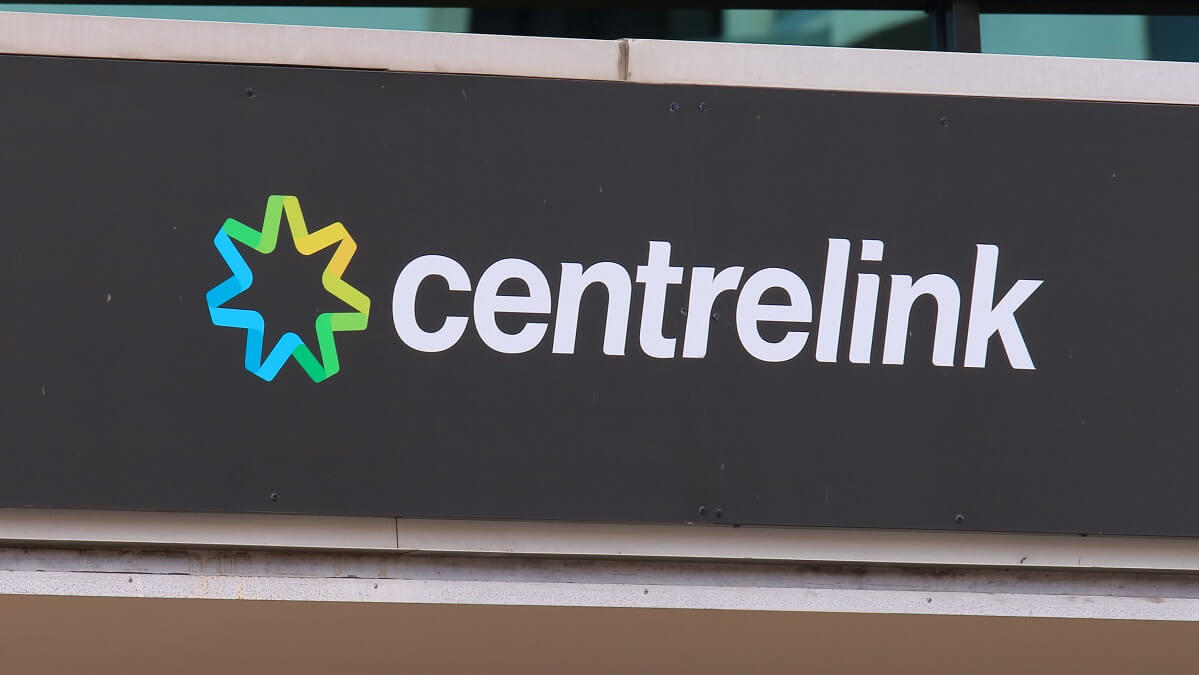Deeming is a set of rules used to work out the income created from any financial assets and affects Age Pension payments and eligibility for the Commonwealth Seniors Health Card.
Deeming assumes any assets earn a set rate of income, no matter what they really earn.
By using Centrelink deeming rates rather than actual returns from assets, the process of assessment is streamlined, with Centrelink being able to request less paperwork from customers and ascertain payment rates more quickly. Even if the actual return on investments is greater than the deemed amount, the additional income is not assessed.
Read: Are you eligible for the Commonwealth Seniors Health Card?
Centrelink determines Age Pension payment and eligibility by assessing your income and assets under each of the means tests. There are certain income and asset-free thresholds that apply to your living situation (single, couple, etc.). If you have income and assets over those thresholds, your payment is reduced.
The income deemed by Centrelink to be received from financial assets is then added to income that you may receive from other means.
Deeming applies to the following financial assets:
- cash
- term deposits
- accounts at financial institutions, such as banks and credit unions
- friendly society bonds
- managed investments
- loans, debentures and managed investments
- account-based income streams started after 1 January 2015
- superannuation and rollover fund assets
- gifts (if invested in income-bearing products)
- securities and listed shares
- unlisted public company shares
- gold, silver or platinum.
This income is then assessed as part of the Age Pension means test and will ultimately determine whether or not you receive an Age Pension and if you do, how much you will receive.
Current rates
If you’re single: The first $53,600 of your financial assets has the deemed rate of 0.25 per cent applied. Anything over $53,600 is deemed to earn 2.25 per cent.
Read: How not to fall foul of this Centrelink rule
If you’re a member of a couple and at least one of you get a pension: The first $89,000 of your combined financial assets has the deemed rate of 0.25 per cent applied. Anything over $89,000 is deemed to earn 2.25 per cent.
If you’re a member of a couple and neither of you get a pension: The first $44,500 of each of your joint financial assets has a deemed income of 0.25 per cent per year. Anything over $44,500 is deemed to earn 2.25 per cent. Even if you do not receive an Age Pension, Centrelink deeming rates may still be applied to your financial investments to ascertain your income and therefore your eligibility for a Commonwealth Seniors Health Card (CSHC).
How are Centrelink deeming rates set?
Deeming rates are set by the minister for social services. They can be raised or lowered depending on the average market returns and to reflect the interest rates (or cash rate) set by the Reserve Bank of Australia (RBA).
Can you be excluded from Centrelink deeming rates?
Under certain circumstances the social services minister can grant an exemption to deeming rates. These circumstances are:
- when a financial investment has failed
- where certain superannuation investments are fully preserved or inaccessible
- when accounts only contain funds paid to participants for a funded package of support through the National Disability Insurance Scheme.
Read: Age Pension payment rates: 20 September 2022 to 19 March 2023
Once an exemption has been granted, the actual return on your investments is used to determine your Age Pension eligibility and payment. Deeming exemptions do not apply to the assessable asset value of any financial investment.
For more information, you can call the Centrelink older Australians line and speak with a Financial Information Service Officer.
If you enjoy our content, don’t keep it to yourself. Share our free eNews with your friends and encourage them to sign up.

